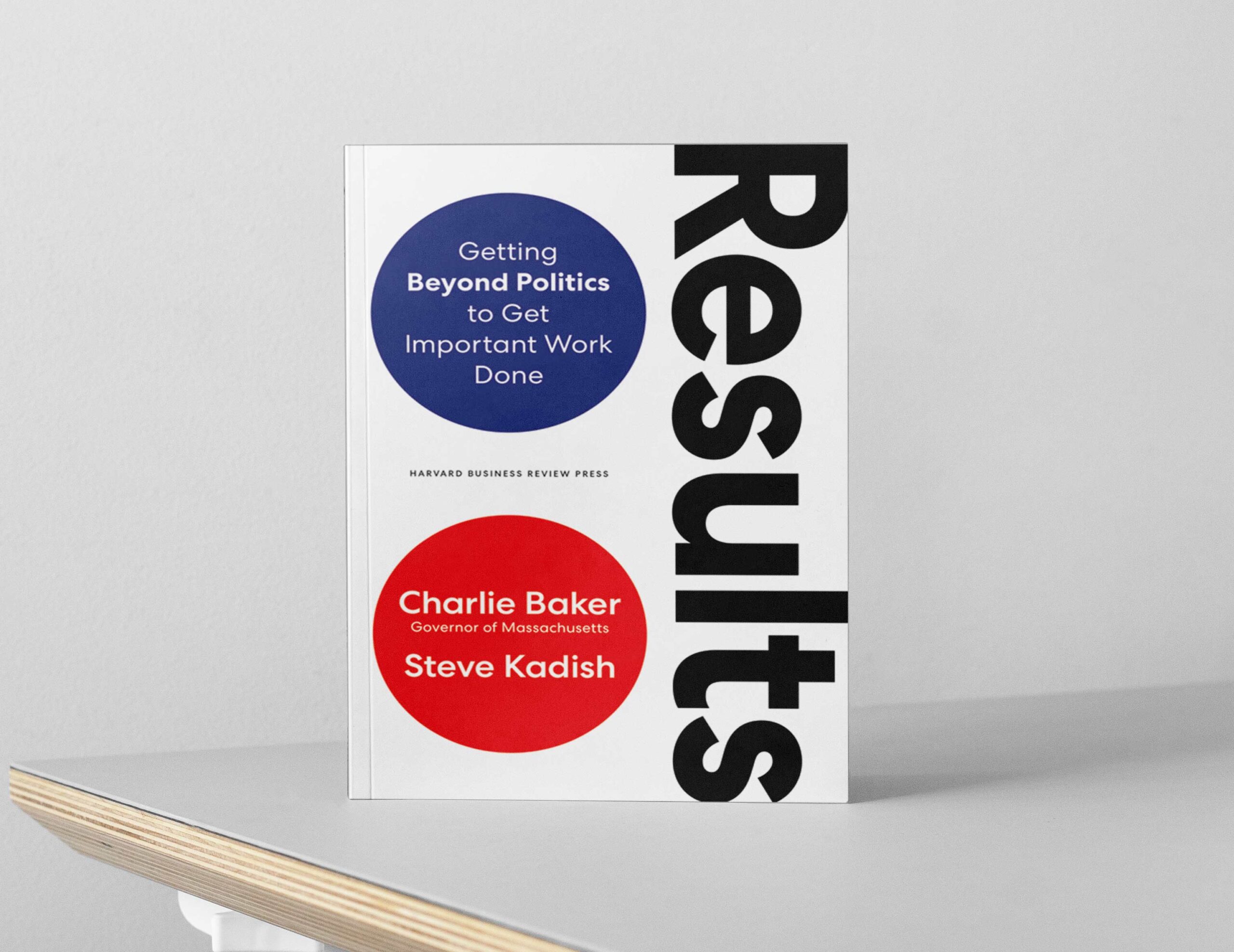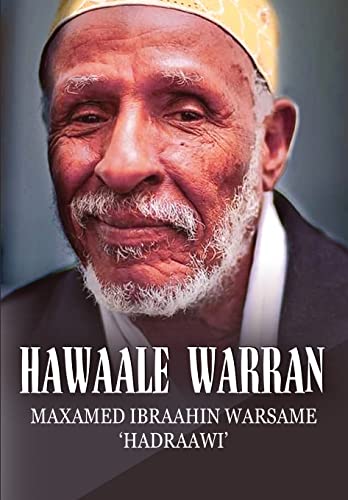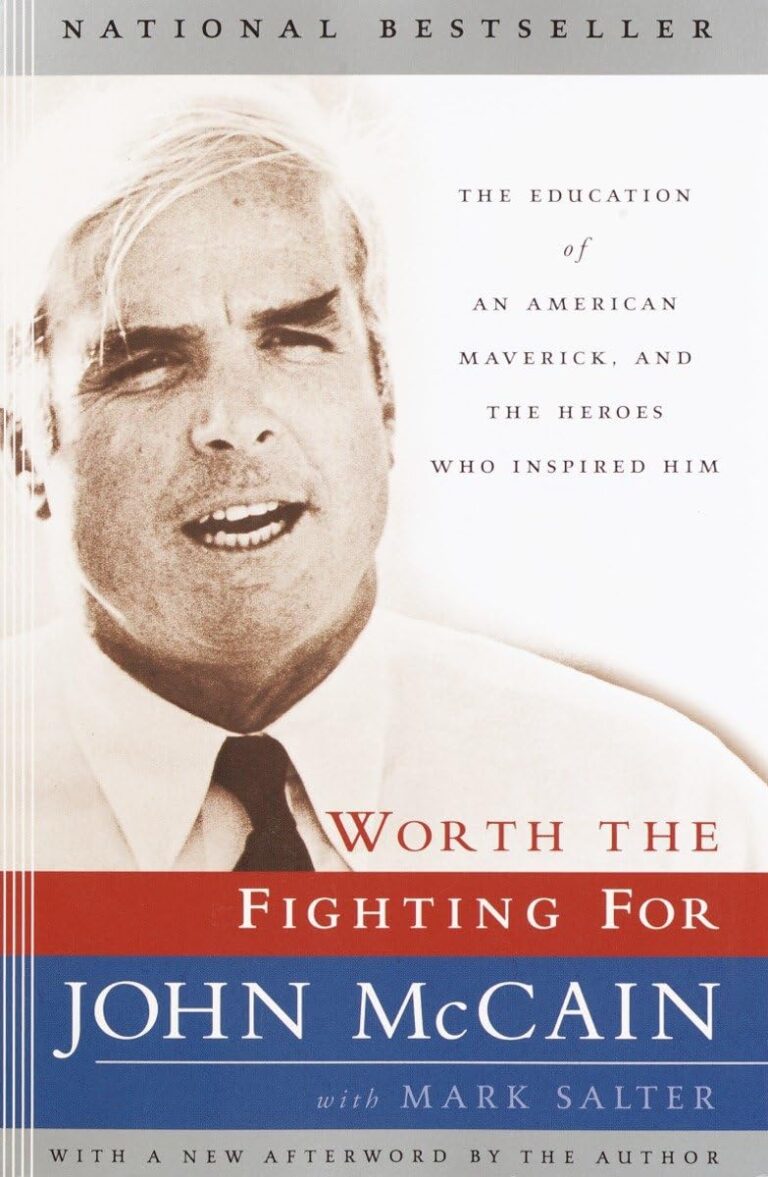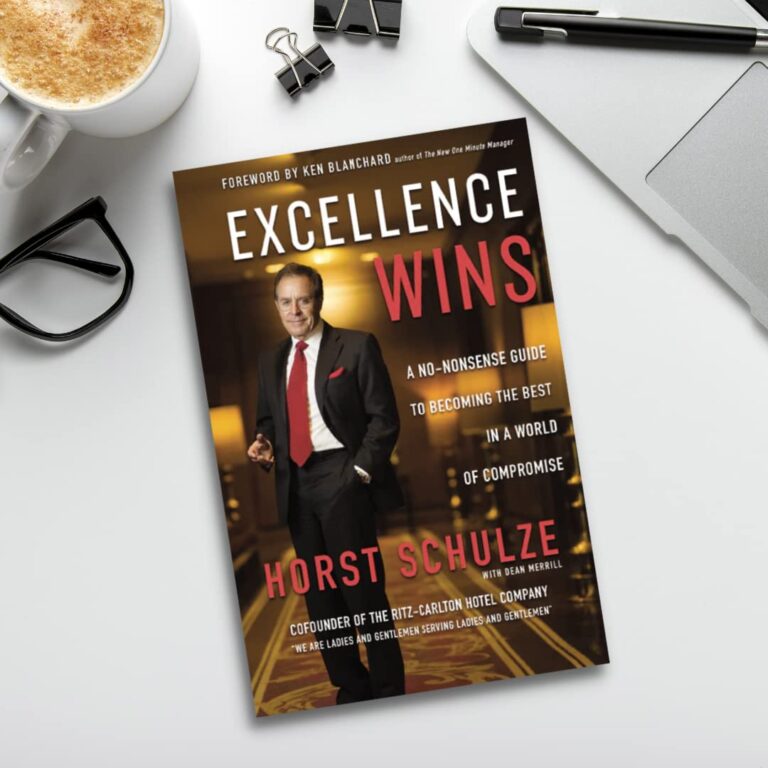I was travelling from Hyderabad, India, to Hargeisa, the Republic of Somaliland. And usually, when I check-in to malls and airports, my first destination before the departure terminal is to look for a book store. Fortunately, I found a WH Smith Book Store near my departure terminal. At that moment, I was reading a fascinating book written by Kingsley Moghalu, Emerging Africa: How the Global Economy’s ‘Last Frontier’ Can Prosper and Matter, and it was my third reading as the book is an interesting one.
In the WH Smith book store, I found a wonderful book, Results: Getting Beyond Politics to Get Important Work Done, written by Massachusetts Governor Charlie Baker, a Republican who tapped Democrat Steve Kadish as his first chief of staff. Those brilliant public servants developed a framework for “moving beyond politics to get important work done,” a book that matches my public service journey.
The phrase Getting beyond politics to get important work done phrase reminds me of Sheikh Mohammed bin Rashid Al Maktoum’s argument about politicians and service delivery: we have a surplus of politicians in the Arab world and a shortage of managers. Our crisis is a managerial one, not one of resources. Look at what China and Japan accomplished without having natural resources, while countries rich with oil, gas, water, and human labour lack development. Some of them cannot even provide basic services such as road infrastructure and electricity for their people. In addition, this book that I have just found in the WH Smith Book store has some similar contents to The Sheikh CEO Book, in which HH Sheikh Mohammed said, “You always have more to learn, surround yourself with strong leaders, and stay out of politics.” It was also an interesting book to read. Let us go back to the results of the book review.
Charlie Baker, who used to be governor of Massachusetts, and Steve Kadish, his chief of staff, wrote the book “Results: Getting Beyond Politics to Get Important Work Done.” The book provides a service delivery framework that those two leaders have used to address issues in their Massachusetts public sector. It is called the “Results Framework,” and it has a lot of useful information and advice for people working in the public sector, institutions, leaders, and executives in big companies. This results framework is an approach that is about capacity and capability, about recognising people’s capacity to lead, evaluate, propose, and act, and about an organisation’s capability to focus, operate, and execute.
As I dived into the book, I found it interesting that the authors stressed that all public service success should be judged by four historical traits: courage, judgment, integrity, and dedication—traits that many are liking to deliver the services that the mass needs.
This results framework is an approach that is about capacity and capability, about recognising people’s capacity to lead, evaluate, propose, and act, and about an organisation’s capability to focus, operate, and execute. The results framework has four important and interconnected parts: people are the policy (hire the leaders and build the team), flow the facts (uncover points of pain and gather evidence), focus on what to do and how to do it, and push for results (measure, evaluate, adjust, and repeat).
Reader, remember that those four parts of Baker’s Results Framework are very crucial in translating government programmes into action. They say, “The winner’s nominations say much about what qualities the person making the appointment values. They are signals for how an election will translate into governing” So hiring leaders is important, as great teams do great things. Mediocre ones, not so much. Hire leaders that have knowledge and know-how, have a collaborative gene (not like My Way or the Highway collaboration), diverse experience, and can create capacity among the staff and inside the institution.
The authors’ focus on managerial capacity and execution in state government aims to restore people’s faith in government by combining idealism and pragmatism.
The book is divided into four steps, which form the foundation of the results framework: define the results, measure the results, plan the results, and achieve the results.
The authors use real-life examples and case studies to show how the results framework can be used in different settings, such as private companies, non-profits, and the government. They also talk about common problems and give useful tips for solving them.
Overall, “Results: Getting Beyond Politics to Get Important Work Done” is a useful book for people and groups that want to get better at getting important work done in a complicated and often politically charged setting.
Abdirashid Ibrahim,
India, May 2023



